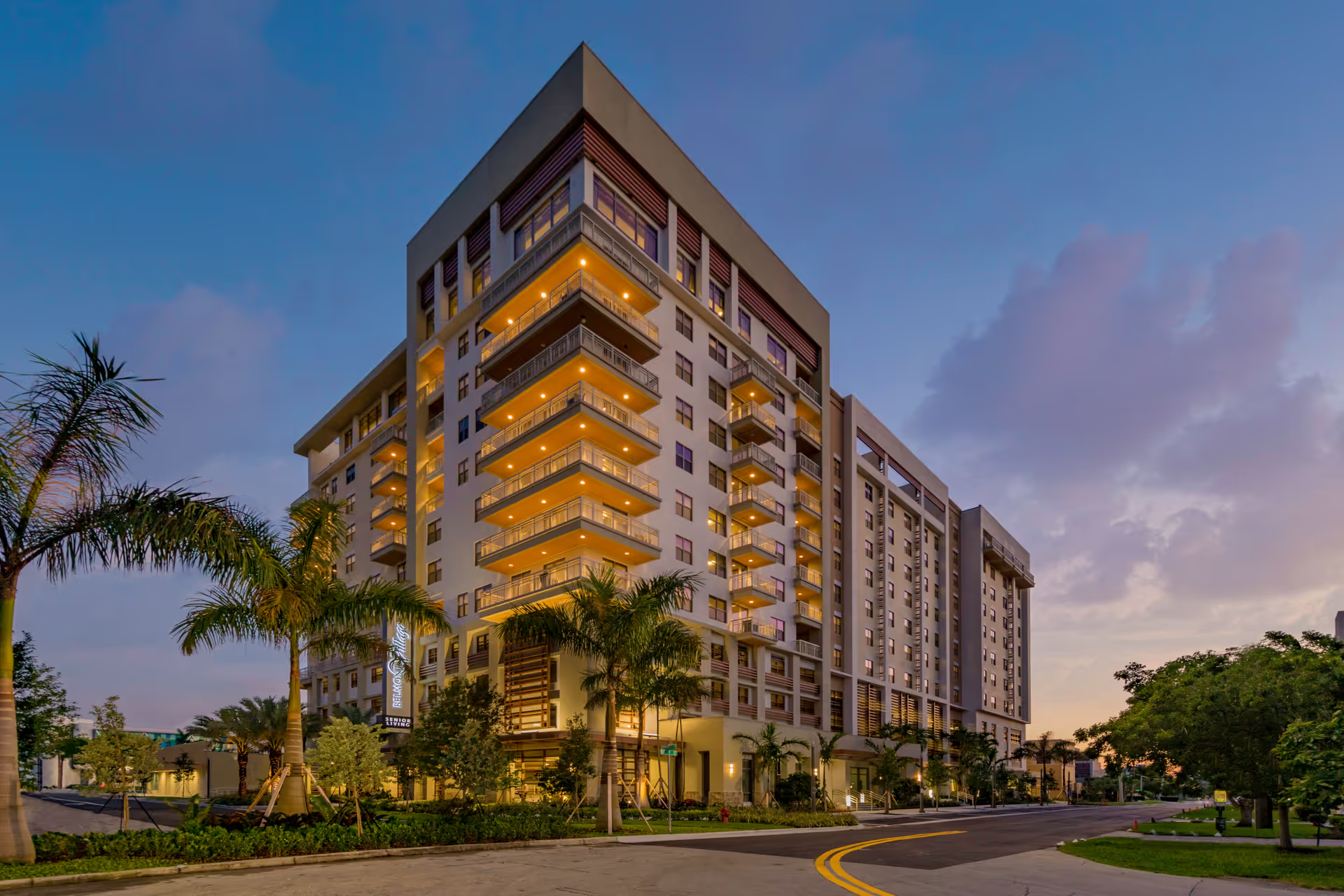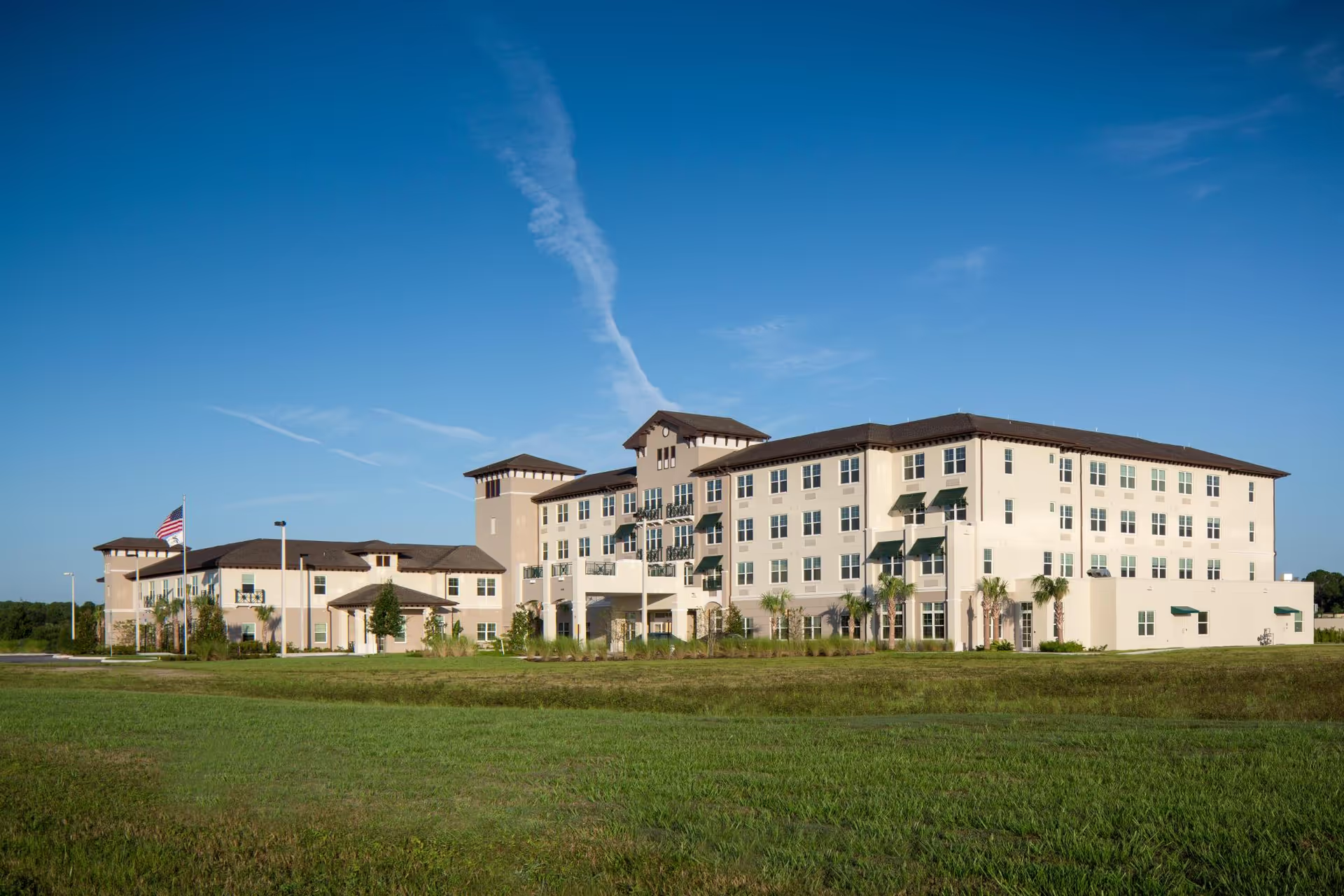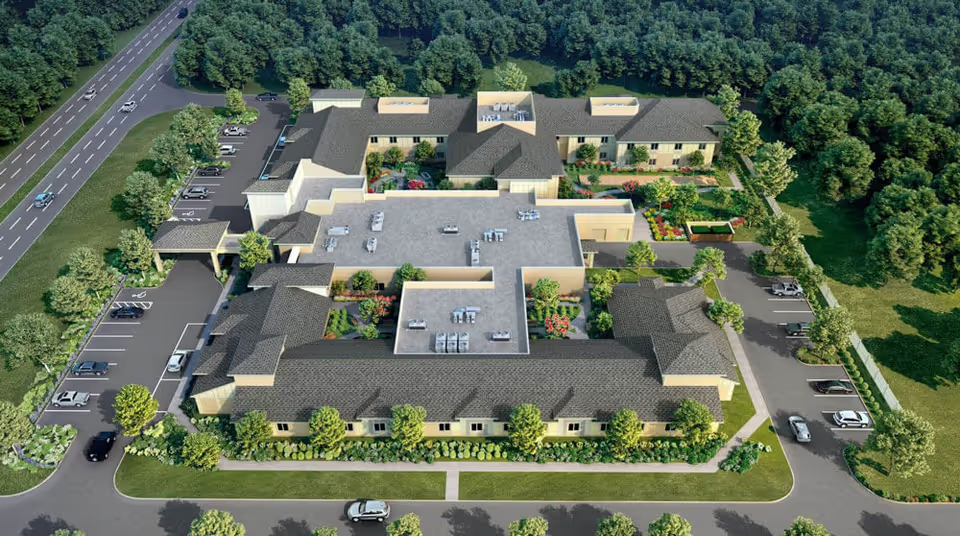Overall sentiment in the reviews for Solaris HealthCare Parkway is highly mixed and polarized: a substantial number of reviewers describe compassionate, professional care, strong therapy services, a clean facility, and pleasing meals, while other reviewers describe serious safety failures, medical negligence, and systemic staffing and management problems. The reviews cluster into two distinct experience types—positive short-term rehab and therapy outcomes and troubling accounts of poor medical decision-making, neglect, and communication breakdowns—so any overall assessment must weigh both the consistent strengths and the severe safety-related complaints.
Care quality and medical management show the largest divergence in experiences. On the positive side, many families report attentive nursing staff, knowledgeable therapists, daily PT/OT, and successful rehabilitation outcomes (including reports of patients regaining mobility). Several reviewers praised therapists, the nurse supervisor, and individual staff members as compassionate and skilled. The facility is repeatedly described as clean and well-kept, with attractive furnishings and useful amenities (salon, library, outdoor garden). For short-term rehab patients, frequent therapy and structure are mentioned as a good value and effective for recovery.
Conversely, the negative accounts include multiple, specific reports of serious medical errors and alleged negligence. The most alarming pattern concerns emergency care and recognition of acute conditions: reviewers claim delayed recognition and transfer for stroke, failure to administer timely stroke medications, and emergency response failures that they link to death. Other serious medical issues cited include mishandled medications (pills discovered under a recliner), inadequate diabetes management (claims that orange juice was given instead of recommended D10/D50 or oral glucose), delayed wound care, unmanaged swelling, and an instance of a resident left alone while choking. There are also examples of poor pain management and alleged misdiagnosis of symptoms as “normal aging.” These reports, when taken together, suggest inconsistent medical assessment, medication administration, and emergency protocols in some cases.
Staffing, professionalism, and training are persistent themes. Multiple reviewers described understaffing and staff who appeared distracted, on phones, or engaged in gossip. Some reviewers praised long-tenured employees and specific caregivers as kind and attentive, but others recount rude or indifferent nurses, CNAs who did not perform basic hygiene or shower care, and undertrained aides who missed or delayed critical care tasks. Night-care concerns, limited supervision in dining rooms, resident altercations without adequate staff intervention, and items missing from rooms were also reported. Several reviewers explicitly called out the need for better staff training and better supervision to prevent wandering, falls, and neglect.
Facility, dining, and activities receive similarly mixed feedback. Multiple reviews praise chef-prepared meals, an organized menu with substitutions, and overall good food. At the same time, inconsistent food service, menus not being delivered, and complaints about meal quality or inability to open packaging for residents appear in other reviews. Activities, social engagement, and amenities are highlighted positively by many—bingo, a gameroom, and structured activities were appreciated—while a smaller set of reviews describe crowded conditions where rehab patients were left in beds or wheelchairs with insufficient engagement.
Management, communication, and accountability are recurrent areas of concern. Several reviewers reported unresponsiveness from administrators, failure to return phone calls, and dissatisfaction with how complaints were handled. A few accounts allege attempts to cover up incidents and criticism of how deaths or serious events were communicated—one reviewer cited a delay of six-plus hours before family notification. By contrast, other families praised staff responsiveness and compassionate handling of crises. This inconsistency suggests that experiences may depend heavily on the time of day, specific staff on duty, or particular management practices in place during a patient’s stay.
Safety and incident patterns are a serious red flag in the negative reviews: falls shortly after discharge, residents left unsupervised and wandering, scabies reports, police involvement, and missing personal items were all reported. Some families explicitly describe life-threatening outcomes or near-misses that required life support or hospital readmission. These specific allegations—particularly those involving delayed emergency transfers, medication errors, and unattended choking incidents—warrant careful verification by prospective residents or their families.
In summary, Solaris HealthCare Parkway exhibits clear strengths in cleanliness, amenities, therapy services, and in many cases compassionate caregiving and positive rehab outcomes. However, multiple, specific, and severe complaints around emergency recognition and response, medical management, staffing levels, hygiene and supervision, and management responsiveness are frequent enough to be concerning. The pattern in the reviews is polarized: many families strongly recommend the facility, while others report potentially dangerous lapses in care. Prospective residents and families should investigate current staffing levels, emergency and medication protocols, incident reporting transparency, and how the facility manages dementia care, infection control, and after-hours supervision. Visiting at different times (including nights and meal times), asking for documentation of staff training, recent incident reports, and speaking with current families can help assess whether an individual’s needs will be consistently met given the mixed reports.







